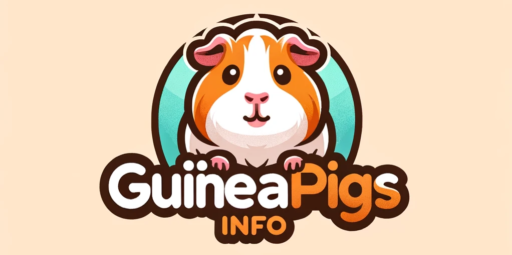Health & Care
How to Get a Guinea Pig to Trust You A Guide for New Owners
Are you thinking about getting a guinea pig as a pet or have recently brought one home? Guinea pigs can make great companions, but it’s important to understand that they are prey animals and may take some time to build trust with their owners. However, with patience and the right approach, you can develop a strong bond with your guinea pig and earn their trust. In this guide, we will discuss everything you need to know about building trust with your furry friend.
Seemore: Can Guinea Pigs Eat Zucchini? – Health Benefits And Drawbacks
Contents
Understanding the Nature of Guinea Pigs
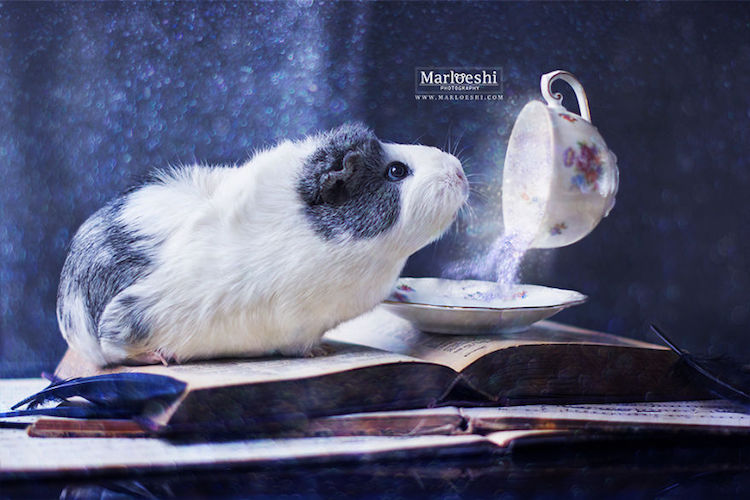
Before diving into how to gain your guinea pig’s trust, it’s essential to understand their natural behavior. Guinea pigs are social animals and often live in groups in the wild. They communicate through various vocalizations, body language, and scent marking. As prey animals, they are instinctively cautious and easily frightened by sudden movements or loud noises.
When brought into a new environment, like your home, your guinea pig will feel anxious and fearful. It may take some time for them to adjust and feel safe. As an owner, it’s crucial to be patient and understanding during this process. Remember, every guinea pig is unique and may take a different amount of time to develop trust.
The Importance of Building Trust with Your Guinea Pig
Establishing trust with your guinea pig is vital for their emotional well-being and overall health. A stressed-out and distrustful guinea pig can lead to various health issues, such as digestive problems, respiratory infections, and even hair loss. On the other hand, a guinea pig that feels secure and comfortable around its owner will be happier, healthier, and more playful.
Moreover, a strong bond with your guinea pig can also lead to more enjoyable interactions and a deeper understanding of their behavior. As social animals, guinea pigs crave attention and thrive on positive interactions with their owners. Building trust will not only benefit your guinea pig but also strengthen your relationship and create a happy home environment.
Creating a Safe and Comfortable Environment

The first step in building trust with your guinea pig is to provide them with a safe and comfortable living space. As prey animals, they need a sense of security to feel safe and relaxed. Here are some essential factors to consider when setting up your guinea pig’s habitat:
Habitat Size and Layout
Guinea pigs need enough space to move around and exercise, so make sure their habitat is large enough for them to explore and play. The recommended minimum cage size for two guinea pigs is 7.5 square feet, with an additional 1-2 square feet per additional guinea pig. You can also opt for a larger area, like a playpen, where your guinea pig can run around under supervision.
When arranging the habitat, provide hiding spots, such as tunnels, igloos, or boxes, for your guinea pig to retreat to when they feel scared or stressed. These hiding places will help them feel secure and build trust with their surroundings.
Bedding and Substrate
Choose bedding material that is safe, absorbent, and comfortable for your guinea pig. Avoid using wood shavings, as they can be harmful to your guinea pig’s respiratory system. Instead, opt for paper-based or aspen wood shavings, fleece, or paper pellets. Along with bedding, providing a substrate, like hay or shredded paper, will allow your guinea pig to exhibit natural burrowing behavior and keep their teeth worn down.
Food and Water
A healthy diet is crucial for your guinea pig’s well-being and will play a significant role in building trust. Make sure to provide fresh vegetables, fruits, and high-quality hay in their diet. Place food bowls and water bottles at different locations in the habitat to encourage exploration and provide easy access to food and water.
Building Trust Through Positive Interactions
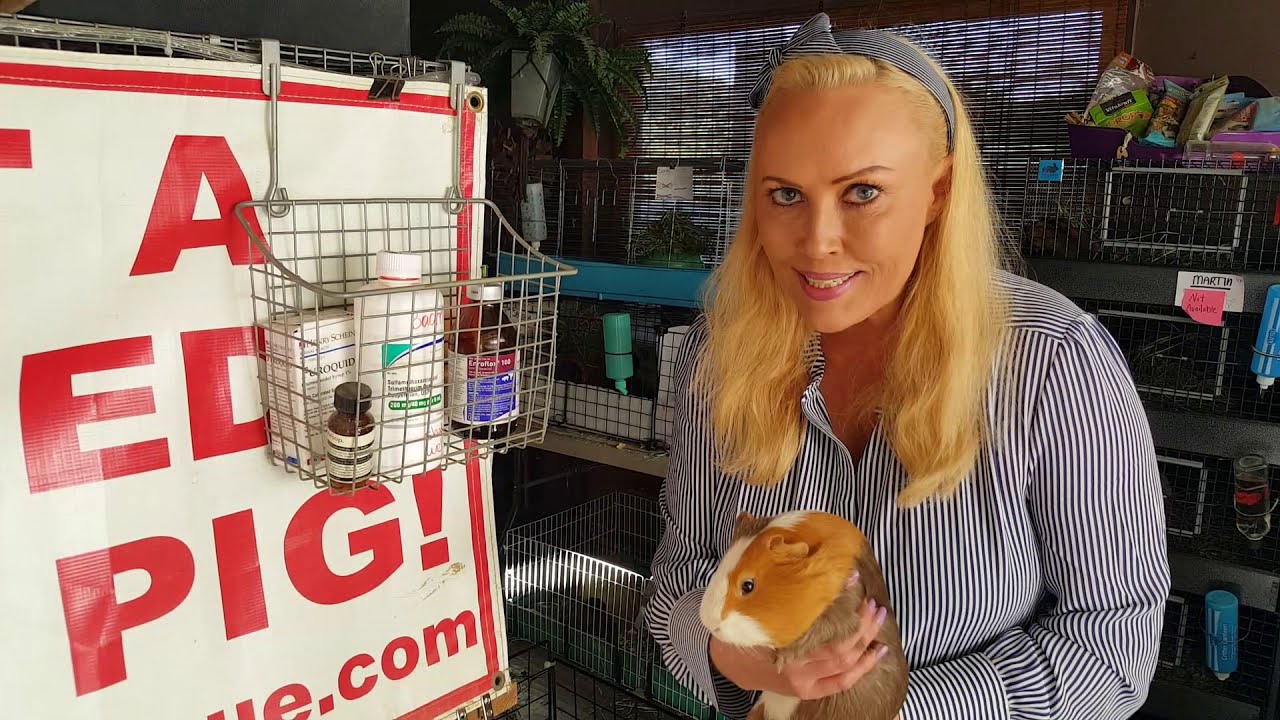
Once your guinea pig is settled in their new home, it’s time to start building trust through positive interactions. Here are some tips on how to interact with your guinea pig and build a strong bond:
Body Language and Vocalizations
Guinea pigs are excellent communicators, and understanding their body language and vocalizations is crucial in building trust. Some signs of fear or stress include teeth chattering, running away, hiding, and freezing in place. On the other hand, purring, chirping, and approaching you for food are all signs of comfort and trust.
Make sure to approach your guinea pig slowly and gently, avoiding sudden movements or loud noises. Speak softly and calmly to let them know you mean no harm. Over time, you will learn your guinea pig’s unique vocalizations and what they mean, making it easier to understand their needs and emotions.
Hand-Feeding and Treats
Hand-feeding your guinea pig treats is an excellent way to build trust and create a positive association with your presence. Start by offering small pieces of vegetables or fruits from your hand, and gradually increase the frequency and duration of these interactions. You can also use specially formulated guinea pig treats, such as dried fruit or hay cubes, to encourage your guinea pig to come closer and take food from your hand.
However, make sure not to overfeed your guinea pig, as they have sensitive digestive systems. Treats should only make up 10% of their diet, with the rest consisting of hay and fresh vegetables.
Grooming and Bonding Time
Grooming your guinea pig is not only essential for their hygiene but also provides an opportunity to bond with them. Use a soft bristle brush to gently groom your guinea pig, and talk to them in a calm and soothing voice. This will help them associate grooming with positive interactions and build trust.
Bonding time is also crucial in building trust and strengthening your relationship with your guinea pig. Set aside some dedicated time each day to interact with them, whether it’s playing, cuddling, or just talking to them. Over time, your guinea pig will learn to feel comfortable and relaxed when you are around.
FAQs
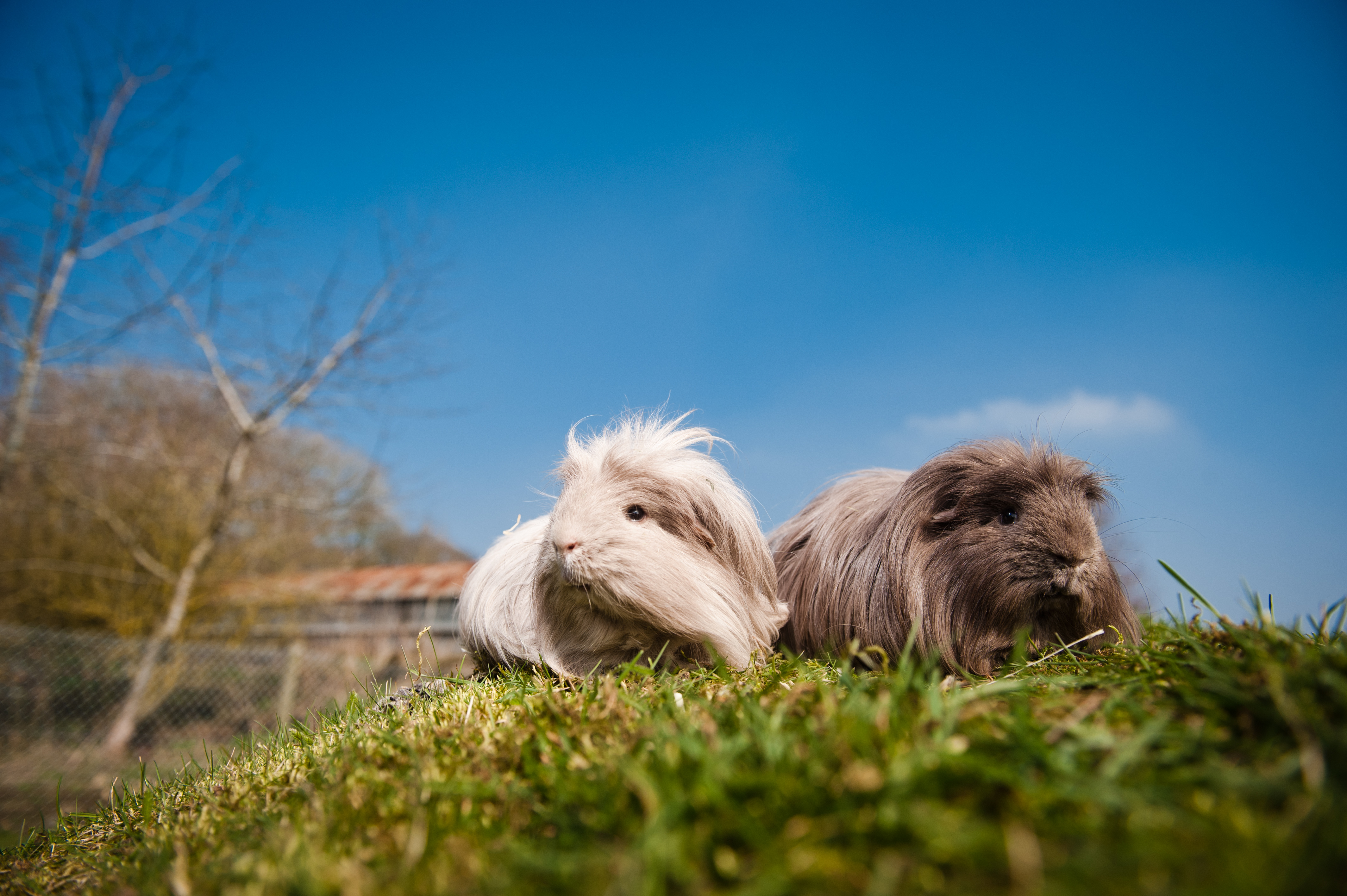
1. How long does it take for a guinea pig to trust its owner?
Every guinea pig is unique, and the time it takes for them to develop trust may vary. Some may become comfortable in a few weeks, while others may take several months. It’s essential to be patient and give your guinea pig the time they need to adjust to their new surroundings and build trust at their own pace.
2. Can I bond with my guinea pig if I have only one?
While guinea pigs are social animals, it is still possible to bond with a single guinea pig. Make sure to spend quality time with them each day, provide plenty of toys and enrichment activities, and consider getting them a stuffed animal to cuddle with for companionship.
3. Is it necessary to pick up my guinea pig to bond with them?
No, picking up your guinea pig is not necessary to bond with them. In fact, many guinea pigs do not enjoy being held and may see it as a frightening experience. Instead, focus on interacting with them at their level and providing them with positive experiences through treats, grooming, and playtime.
4. Can I trust my guinea pig to roam freely in my home?
While it may seem tempting to let your guinea pig roam freely in your home, it can be dangerous for them. Guinea pigs are small and can easily get lost, injured, or ingest something toxic in an unfamiliar environment. It’s best to provide a supervised playpen area for your guinea pig to explore safely.
5. How do I know if my guinea pig trusts me?
There are various signs that indicate your guinea pig trusts you, including approaching you willingly, taking food from your hand, purring, and being relaxed and comfortable in your presence. However, it’s important to remember that building trust is an ongoing process, and every guinea pig may show their trust differently.
Conclusion
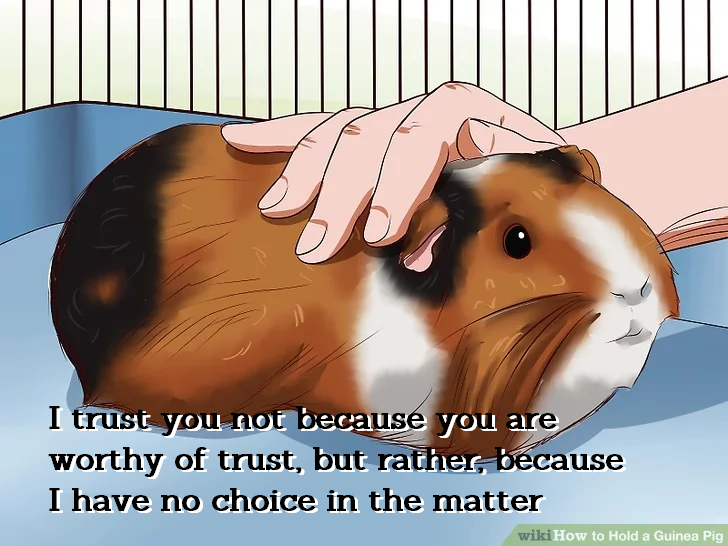
Earning your guinea pig’s trust takes time and patience, but the bond you will develop with them is worth the effort. Remember to provide a safe and comfortable environment, interact with them positively, and be patient with their progress. With consistent effort and understanding, you will soon have a happy, healthy, and trusting relationship with your furry friend.
